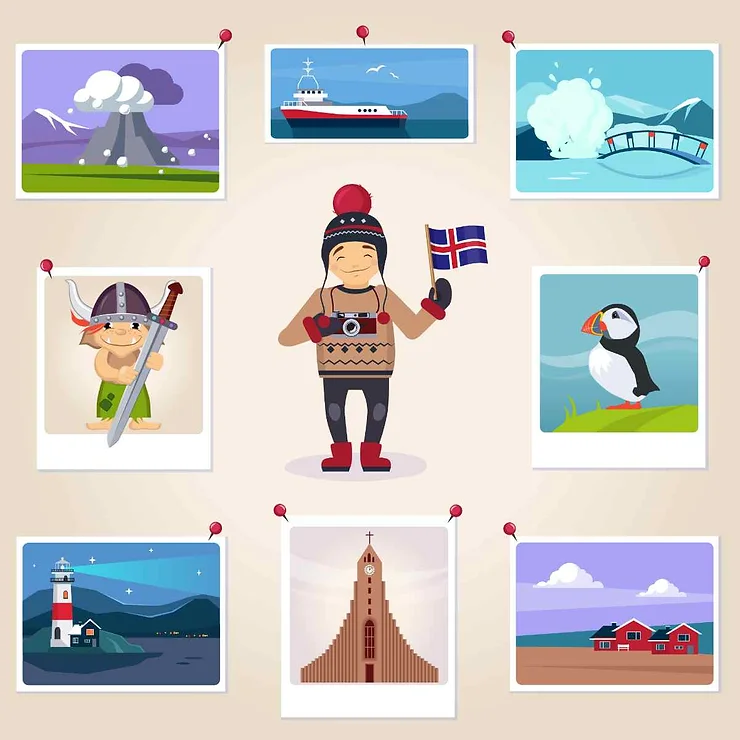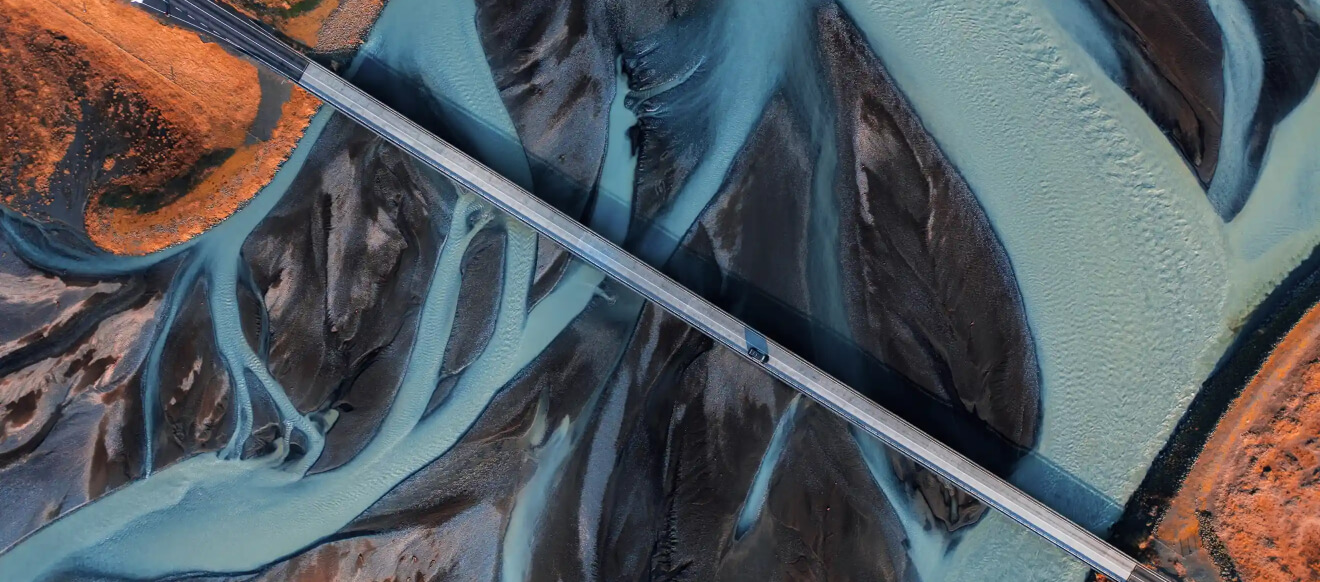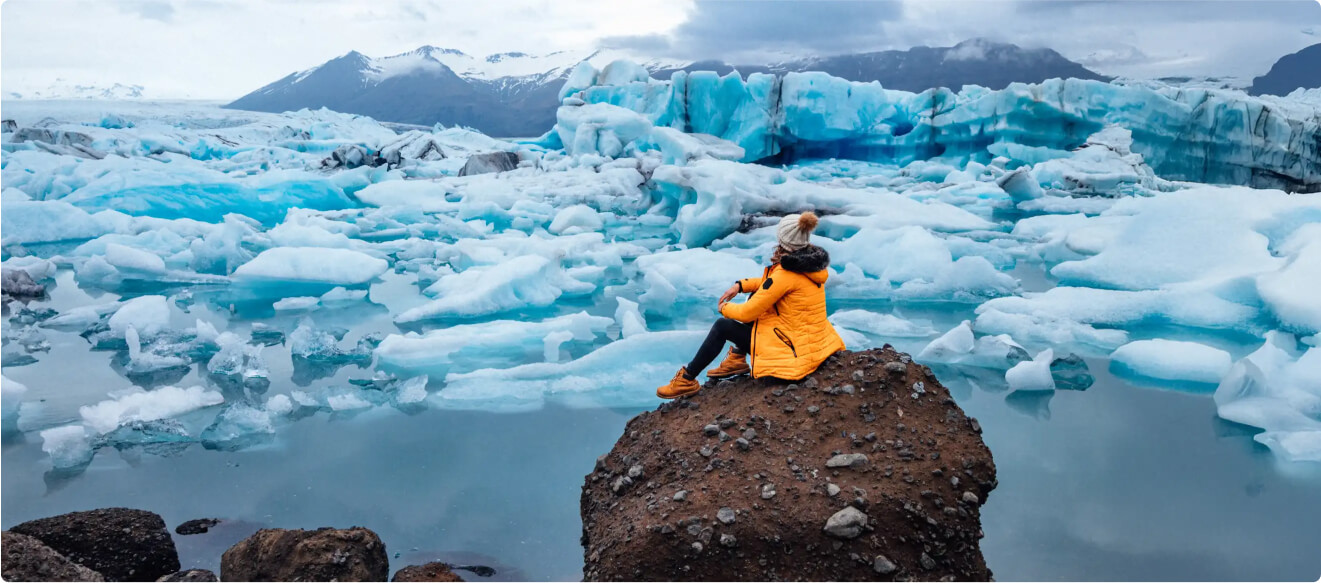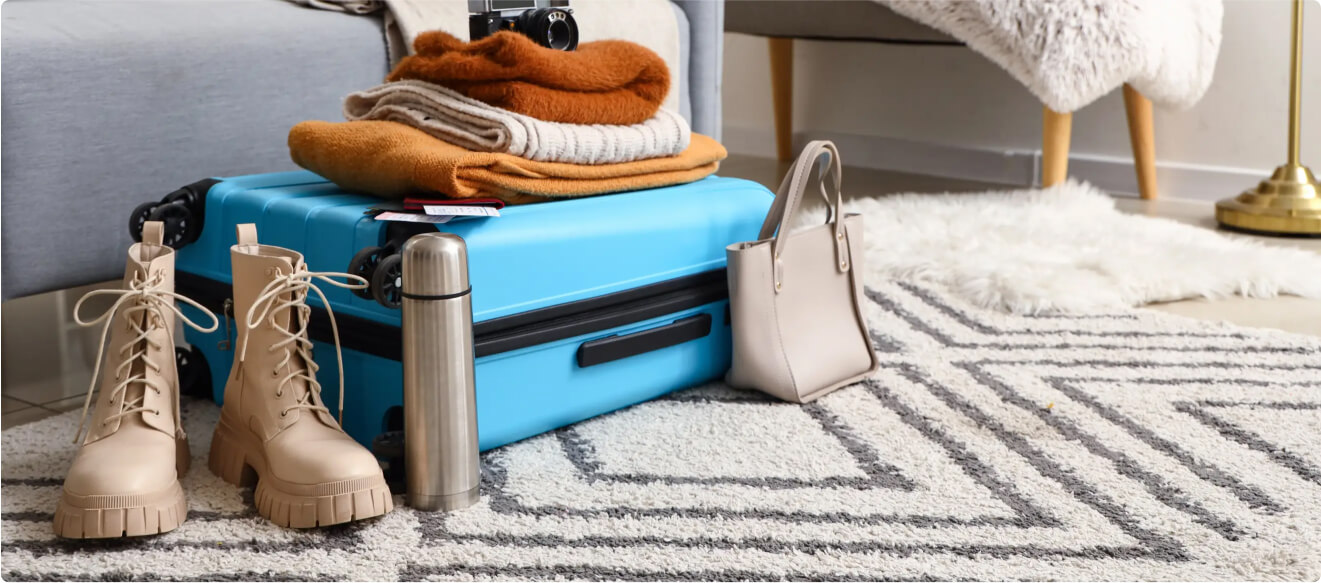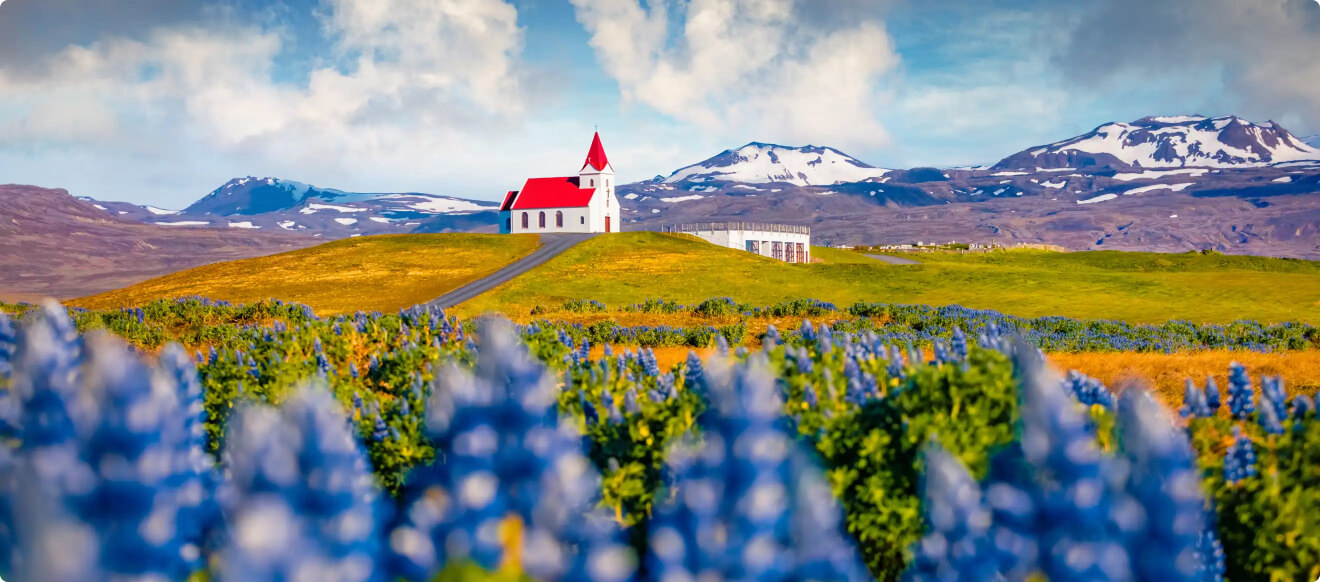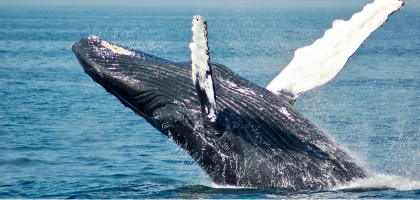How much do you know about Icelanders? Apparently, some people around the globe think Icelanders live in igloos. Others believe they’re all related. But which of these Iceland stereotypes are based on facts, and which are pure fiction?
In this article, we delve into some of the most prominent Icelandic stereotypes. We'll also go on a little myth-busting mission, so you are prepared for your trip to the island. Let’s start sorting the Iceland myths from the Iceland reality with the following most-believed stereotypes:
All Icelanders are Related
When it comes to family stereotypes in Iceland, this one tops the charts. But how accurate is this statement really? Well, that would depend on your definition of “being related”. Iceland is a small island, so the chances of two locals with roots on the island being distantly related are high.
But Iceland isn’t some incestual pool with hundreds of cousin couples running around, populating the island with children. Somewhat resembling what you’ve seen on The Hills Have Eyes.
To curb anyone’s fears, there is a database called The Database of the Islendingabók. There one can check to see if you are related to each other at all, and if so, how far back the relation goes.

Icelandic People Give an Icy Reception
We think this one relates to a cultural difference with language and pure assumptions. Probably made using a bit of imagination when taking the Iceland weather and environment into account.
Firstly, Icelandic people do not use “please” and “thank you” in the same way as the rest of the world. Icelanders do not have the cultural notion of using "please" and "thank you" in most requests or favors. This is radically different from the global norm of politeness.
They put more stock in the tone (the way someone says something) than the actual words or how many times you add a “please” or a “thank you”. The reality is that Icelanders are an incredibly friendly nation. And it’s really not strange to find a local more than willing to entertain visitors with all sorts of local stories and folklore.
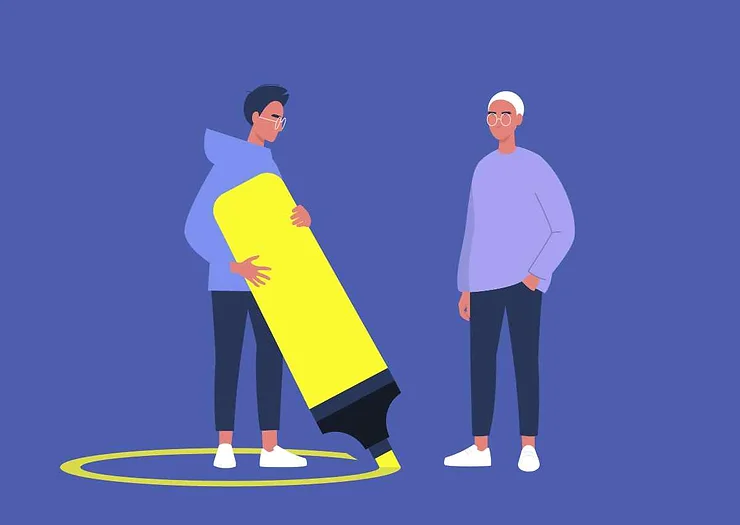
Icelandic People Live in Igloos
Wrong country. The closest you’re going to get to sleeping in an igloo is exploring the ice caves (and it involves no living arrangements). This is simply an assumption people make (an easy and pretty logical one at that) that: igloos are made of ice + Iceland has ice = even the name ICEland proves it.
But igloos are more native to the Inuit people of Canada’s Arctic, as well as Greenland inhabitants. Food shortages on Iceland's glaciers led settlers and animals to stay near the ocean where they could find fish.
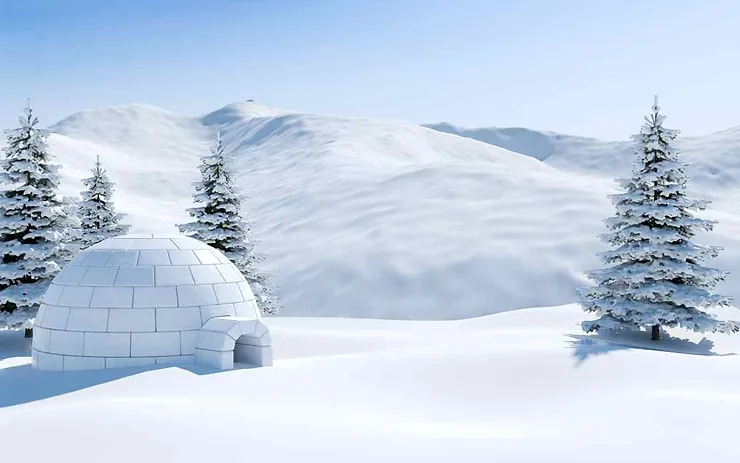
Icelandic People Believe Elves Exist
Many people know that Iceland is rich in elf folklore and tiny architecture, as seen in movies and documentaries or on Google. But how many people in Iceland truly believe in fairies and elves? Or is it simply a tourism gimmick and a fun thing to keep the kids entertained (like Santa Claus)?
You might be surprised to learn that Icelanders actually put a lot of stock in the island elves. Recent studies showed that more than a third of the population still believes in their existence. In fact, things such as roadworks and construction are often planned around elf territory. The elves even have an unofficial spokesperson on the island called Ragnhildur “Ragga” Jónsdóttir.
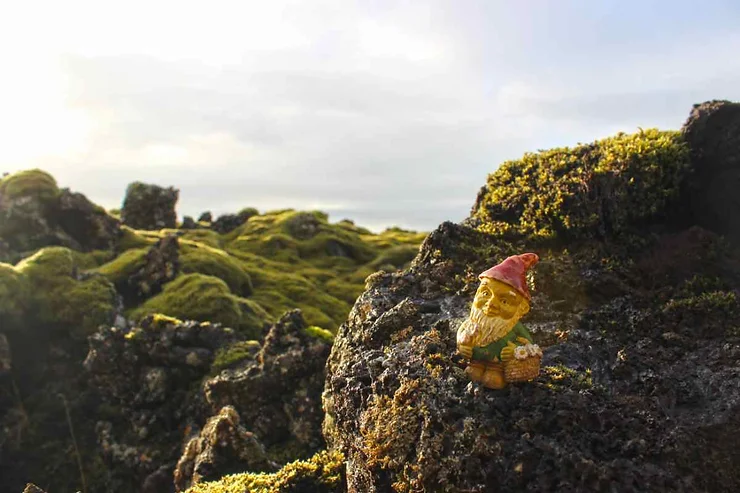
Icelanders Love Ice Cream
It seems so counterintuitive, since most around the world would opt to enjoy a cold ice cream on hot summer and beach days. But this is one of the Iceland stereotypes that is 1000000% true. Icelanders are completely ga-ga for the cold, sweet stuff, so you will find ice cream shops all over the island.
The best part? Since it’s such a local passion, most ice cream you find on the island is homemade! That means interesting and a wide variety of flavors and a truly unique experience at each ice cream parlor.
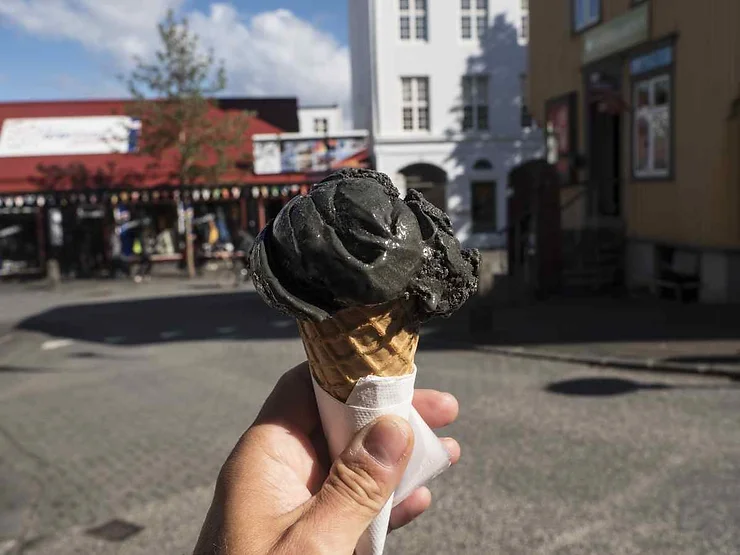
Icelanders Love Hot Pools
Well, to be honest, who wouldn’t? Taking a dip in a hot pool is an easily accessible activity on the island because of all the natural hot springs. Whether you prefer the original hot springs or the local geopools, you'll find plenty of locals and visitors soaking in the warm waters.
The reason why it’s such a popular activity is probably the same reason many would not consider taking a swim – the cold Iceland weather. Not only is it a fun and relaxing activity, but plenty uses the pools to heat up. As an added pampering perk, many hot springs such as the Blue Lagoon and Sky Lagoon also have spas on-site offering all sorts of interesting treatments. That's due to the mineral-rich water from the springs that has healing properties (especially dermatologically).
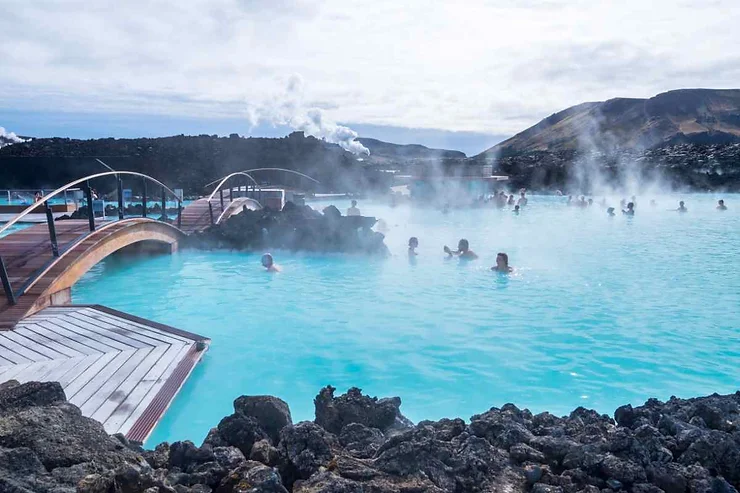
Icelanders Love Wool Clothing
This one is a bit of a debatable statement. An authentic Icelandic woolen sweater is indeed something you’ll have to experience for yourself to truly understand the comfort and cuteness all wrapped in one. But Icelanders wearing wool clothing is not something that was born from preference, but rather from necessity.
Firstly, there is an abundance of sheep on the island, so it just makes sense to use the resource. Secondly, wool is a proven material that effectively protects one against the cold. And the cold is a pretty constant presence in Iceland.
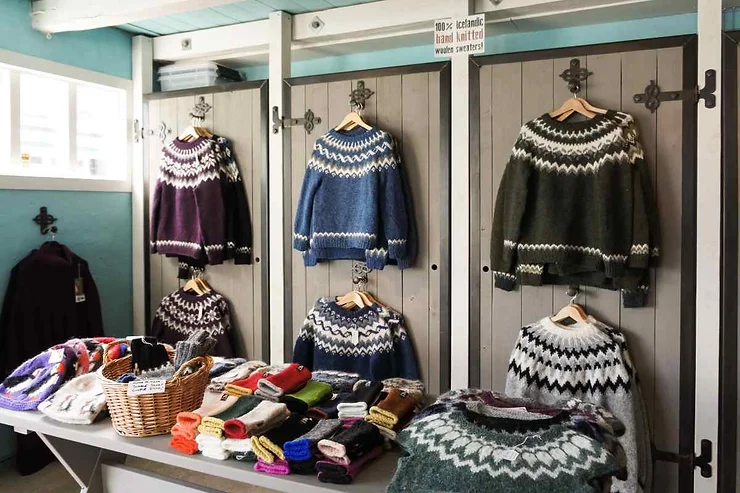
Icelanders Love the Outdoors
This may be more about availability, rather than an entire country genetically programmed to be Bear Grylls. There are so many outdoor activities all over the country that it’ll be hard not to find at least one you enjoy.
The country offers a variety of activities. That includes hiking in Iceland, horse riding Icelandic horses, kayaking, and whale watching. These activities are for both locals and visitors to enjoy.
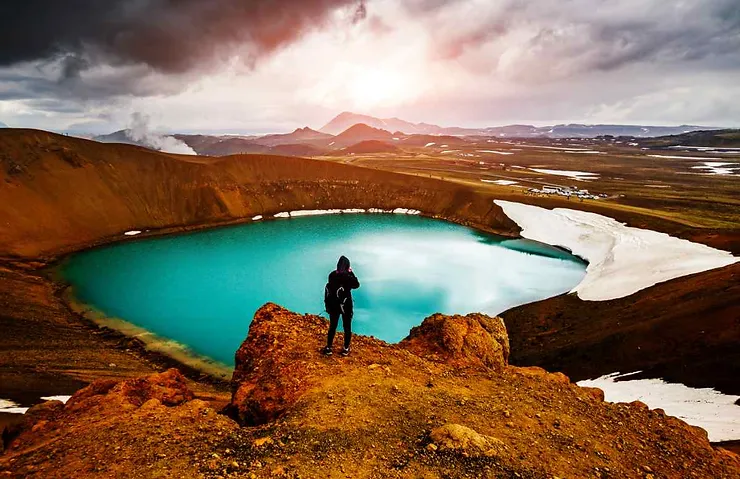
Icelanders are Very Relaxed
Icelanders are hard-working and maintain a positive outlook on life. It certainly helps in challenging situations. One of the most-used local phrases is “petta reddast” which essentially means “it will all work out in the end”. If someone says that to you, would you not also feel a little more relaxed?
Also, many who come to visit the island complain about it being fairly expensive. But this is relative because, although it might be true for outsiders, the island is not as expensive for residents. That’s because the island takes care of its own. The country has an unemployment rate of only 4% and employees are truly valued and paid well. All of this adds to the peace of mind experienced by locals.
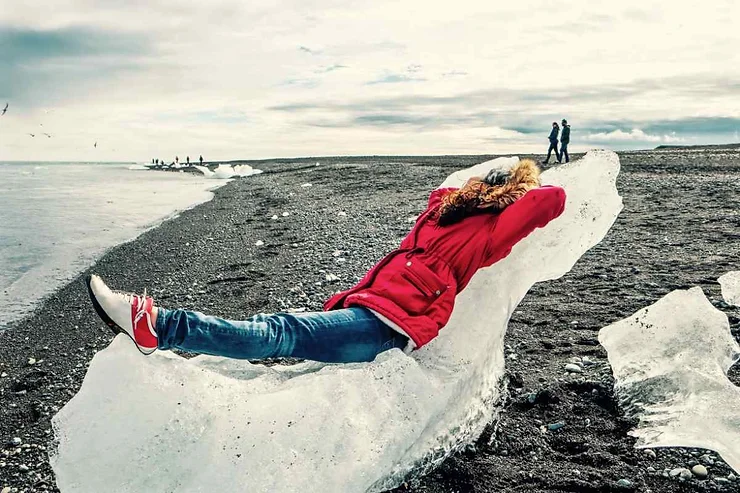
Icelanders are Very Proud
This is yet another one of the Iceland stereotypes that are true. And with so many exceptional people coming from such a tiny island, who can blame them? Iceland has produced many successful sports stars, musicians, and authors, making it a source of national pride.
Take a look at the Icelandic language, the myths and legends, and the sights around the island. It’s also very apparent that the Icelanders go to great lengths to preserve their culture and their heritage. For example, the Icelandic written language is still the same as it was since the 11th century. Thus, the island is full of museums such as the Saga Museum and the National Museum of Iceland.
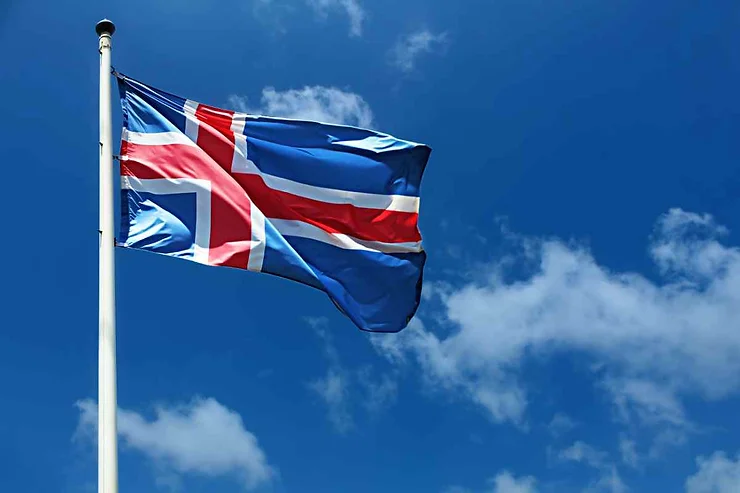
Icelanders are Incredibly Creative People
This probably ties in with all the superstars in various fields that the island delivers. Research has proven that the Icelanders are a leading nation when it comes to innovation and creativity. And the supposed reason why is incredibly interesting.
It is believed that it’s Iceland’s weather that cultivates this creativity. During the winter, the many hours in darkness are mostly spent indoors. That's when a sort of knowledge-sharing and brainstorming takes place. And during the summer the many hours of daylight lead to little sleep and long, uninterrupted productive periods.

Iceland is Always Cold
When many people think of Iceland, they envision constant blizzard conditions and nothing but snow and ice everywhere. As if holding up a blank piece of paper in front of your eyes will give you the same view one will have on the island. But this couldn’t be further from the truth.
Is Iceland cold? As a general rule of thumb, yes. You’re not going to plan to spend your spring break in a bikini on the island. But that doesn’t mean that the island is that much colder than most other places in the world. In fact, some of the best summer days reach 26 degrees Celsius and the needle tends to average at 13 degrees. And just like anywhere else in the world, you have days with blue skies and sunshine. Days that are overcast and rainy, typical Christmas snowfall, etc.
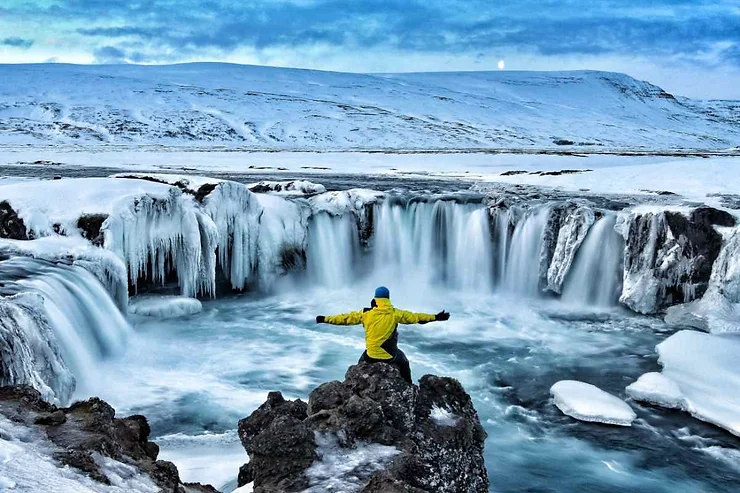
Everyone in Iceland is Blonde
This strange belief has a combination of origins. Firstly, the Iceland weather (or the way people presume it to be) plays a part. One might assume that an icy and snowy place would produce fair-skinned, blonde-haired, and blue-eyed children. Secondly, the Scandinavian nation gets lumped in with the rest of the Dutch, German, Swedish, Austrian, etc.
The notion that this is what the general population looked like in these countries simply stuck. While it's true that many Icelanders have blonde hair, it's a misconception that everyone does. Iceland is a diverse country with a range of hair and eye colors, skin tones, and ethnic backgrounds.
Thirdly, except for Rollo Lothbrok from Vikings, have you ever seen a Viking village in Iceland on TV being depicted as anything else than filled with the typical big, blonde hunk of a man with a horned helmet under the arm? Exactly!
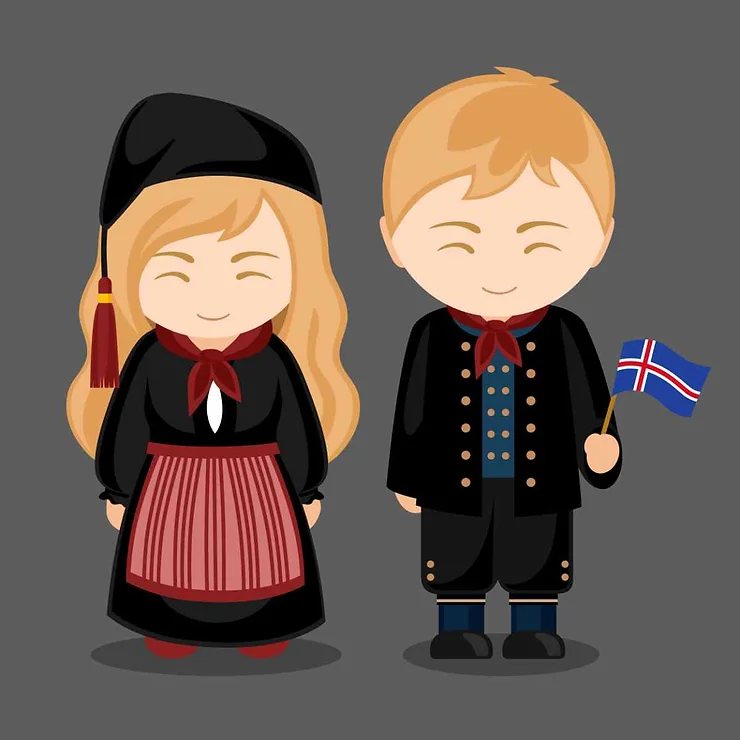
Most People in Iceland are Atheists
Sometimes people immediately label those who don't believe in the Christian idea of a god as "Heathen!" "Atheist!" label. Iceland is a country that takes immense pride in its freedom of choice and that includes religion.
In fact, if you look at the statistics, only 10% of the island’s population truly identify as hard-core atheists. 30% simply identify as non-religious and the rest are divided into Christian, Roman Catholic, and other religions.
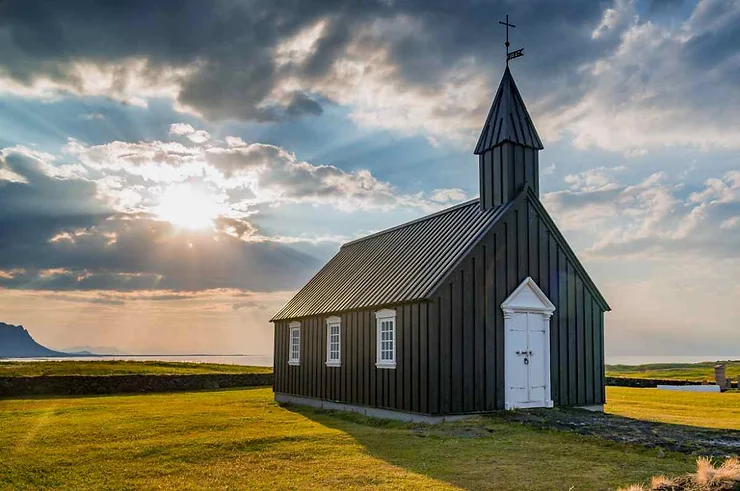
You Can See Penguins in Iceland
This is one of the fun Iceland stereotypes and one that often pops up in a pub quiz. There are NO polar bears or penguins in Iceland. This is, yet again, a notion that has its origins in the perception of the Iceland weather. As well as the assumption that any place with cold water and some ice immediately equates to free-roaming polar bears and penguins.
The closest you’ll get to a penguin-looking bird is the Iceland Puffins. They make the island their home during the breeding season and look like the clown version of a penguin with its brightly colored beak.
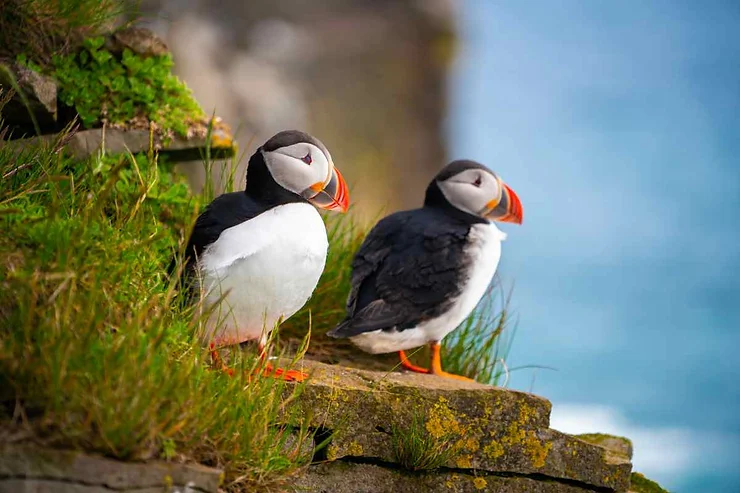
Discover the Truth Yourself
As you can see now, things aren't always what they seem. Don’t you think it’s time that you come to scope out the island and any other preconceived notions you may have of Iceland yourself?
And if a search for answers and discovering the truth entails stuffing your face with delicious local Iceland cuisine, and snowmobiling across glaciers. Maybe dancing the night away at a music festival, and taking a stroll on a black sand beach, then who are we to question it?
So let your boss know you’ll be taking urgent leave. You need to deal with an important matter, rent a car in Iceland and let the adventu…we mean serious research into Iceland stereotypes begin!




